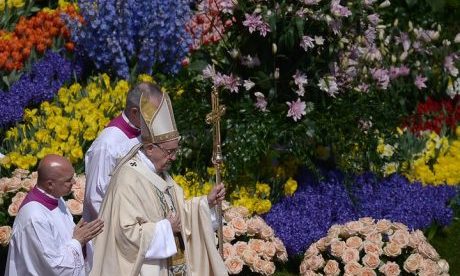As a general principle, an honest man will want know what something is, or is said to be, before he decides whether he thinks it is true or that he must do anything about it.
Take one’s relation to a doctor. Insofar as we deal with a doctor qua doctor, we want him to tell us the truth about what is wrong with us. If we didn’t, we should not bother him. We do not, if we are normal, want him to lie to us.
Unless we know what the problem is, we cannot decide what, if anything, we need to do about it. And if we decide the doctor is incompetent, we still have to find one that is.
Definitions are good things. They are intended to tell us what a thing is in words we understand. Generally, we want to know what a thing is whether we like it or not. Indeed, we need to know what things can harm us and which ones help us.
We understand that it is dangerous for us deliberately to choose not to know the truth about something. On the basis of what they are and of what we are, our knowledge relates us to everything that is not ourselves.
In the Easter season, someone who does not know much about what it means might well ask: “What exactly is Easter anyhow?” Accurate knowledge of it is not always easy to come by.
Indeed, we have the impression that many people do not want to know what it really is lest it make a demand on them they are not willing to consider. Still, what would be a fair and accurate answer to an honest inquiry about Easter that had no further purpose but to hear accurately what this word and the reality to which it refers mean?
On hearing the explication, the inquiring listener might say: “So that is what it means!” or “Makes no sense to me!” or “I had it all wrong” or “It’s really complicated” or “Run that by me again…” In any case, the question—“What is Easter?—is a worthy one. Continue reading
Sources
- The Catholic World Report article by Fr James V. Schall, S.J., who taught political philosophy at Georgetown University for many years until recently retiring.
- Image: The Guardian
News category: Features.




